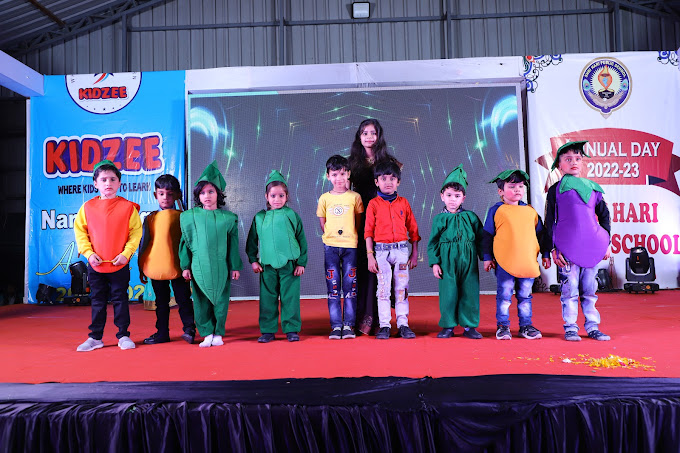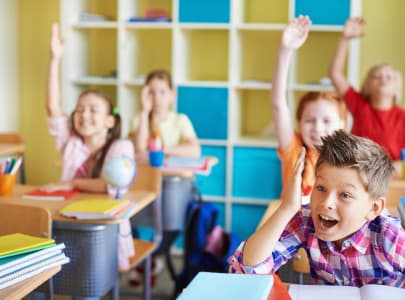Subtotal $0.00

Class 6 is a pivotal year in upper primary education where students transition to more advanced concepts and deeper understanding in various subjects. Here’s a detailed overview of the subjects typically covered in Class 6:


Reading:
Writing:
Grammar:
Vocabulary:
Oral Skills:
Reading and Writing:
Grammar:
Vocabulary:
Oral Skills:
Numbers:
Fractions and Decimals:
Geometry:
Measurement:
Data Handling:
Living World:
Physical World:
Earth and Space:
Environment:
History:
Geography:
Civics:
Drawing and Painting:
Craft Activities:
Games and Sports:
Health Education:
Music:
Dance:
Interactive Learning: Incorporating visual aids, multimedia resources, and hands-on activities to make learning engaging and effective.
Project-Based Learning: Encouraging students to work on interdisciplinary projects that integrate various subjects and foster critical thinking.
Assessment: Regular assessments through quizzes, tests, classwork, and projects to evaluate understanding and progress.
Monday - Thursday:8am - 4pm
Friday - Saturday:8am - 5pm
Sunday: Closed